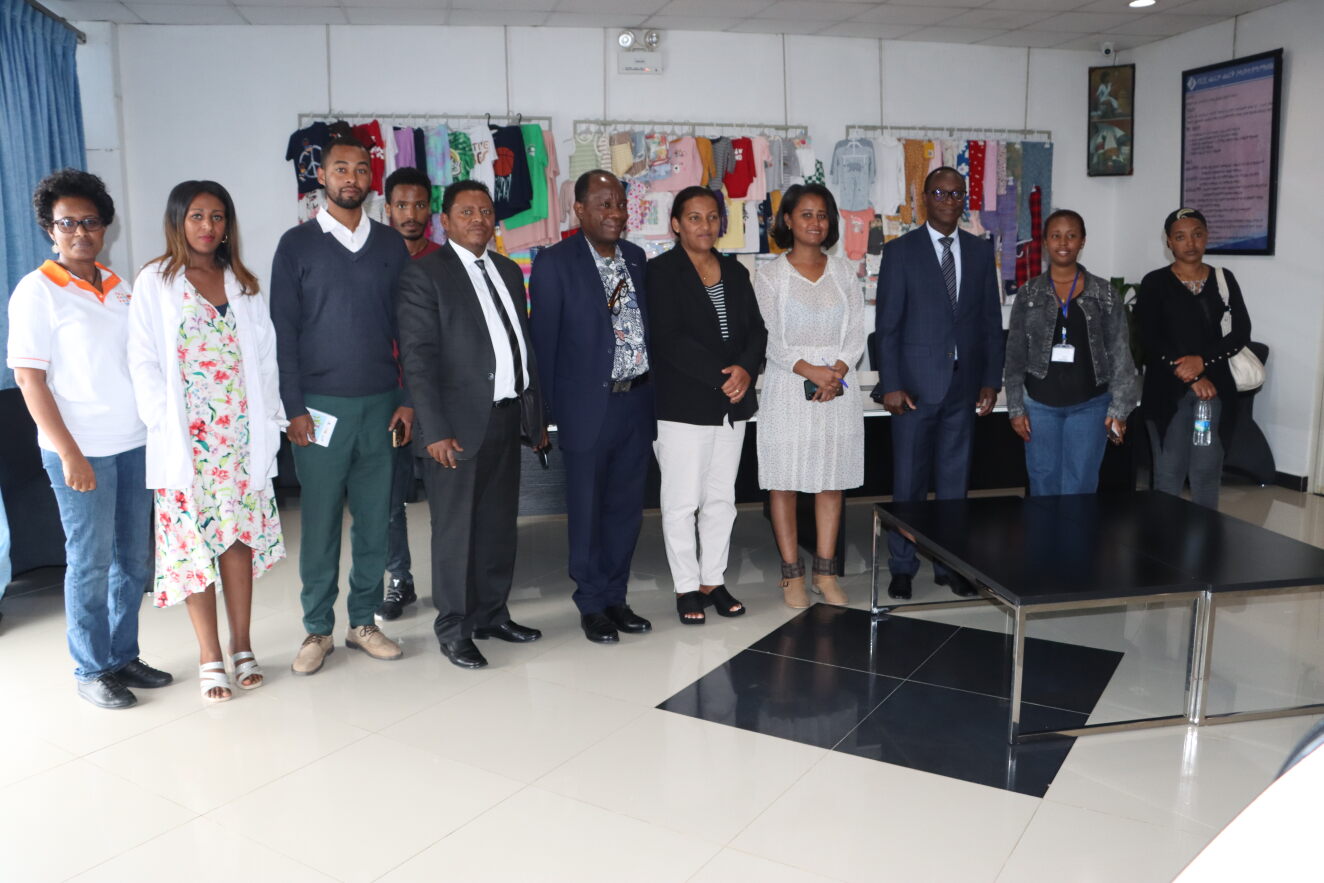

DSW and UNFPA Merge Efforts in a Renewing Spirit of Partnership
At the behest of UNFPA, DSW hosted a half-day study tour of its project implemented at the Bole-Lemi Industrial Park (BLIP) in Addis Ababa on October 20, 2023. The newly assigned UNFPA’s country representative in Ethiopia, Koffi Kouame accompanied by his deputy Taiwo Oluyomi and other members of UNFPA’s team took time to do the study tour of DSW’s workplace intervention, which has been technically and financial supported by UNFPA. In a renewing spirit of partnership, the new country representative has reassured the commitment by UNFPA to the existing conjoined efforts with DSW for enhancing the sexual and reproductive health (SRH) wellbeing of youth at the workplaces.
When asked whether DSW’s project was the first to be visited during his six months in his new role at UNFPA Ethiopia, Mr. Kouame affirmed and he emphasized that the development needs of young people in Ethiopia are a priority. “Young people are today’s leaders much more as they will be in the future. It is a conventional gambit in the broader strategic development goal to invest in youth and expect sustainable outcome worth the efforts. That is why UNFPA’s support to DSW for undertaking an integrated SRH/FP (family planning) and GBV (gender-based violence) program has targeted working youth in an industrial park setting such as one like Bole-Lemi in which more than twenty-four thousand young people make up the workforce. The arrangement for making my first study-tour of a project in Ethiopia implemented by DSW was scheduled based on this rational,” said the UNFPA country representative.
Feyera Assefa, Country Director of DSW Ethiopia, acknowledged UNFPA’s steadfast commitment to strategic development programs in the country and the long-span of partnership maintained with DSW that continues to renew the spirit which has benefited young people in terms of empowering them to for better future. In partnership with UNFPA, DSW embarks on the workplace intervention initially focusing on the industrial parks in Bole-Lemi and Hawassa since 2019. “Considering that more than 85 percent of the workforce in Bole-Lemi Industrial Park (BLIP) are under the age of 25, DSW has strategised to mainstream youth-friendly service provisions at the workplaces, including those of the BLIP and the Hawassa Industrial Park (HIP). Lately, with the introduction of the Minimum Service Package (MSP) to the workplaces by the Federal Ministry of Health (FMoH), the health benefits among working youth are set to be measured with not only the increased demand for the service provision but also by relatively enhanced access to youth-friendly services,” Feyera remarked.
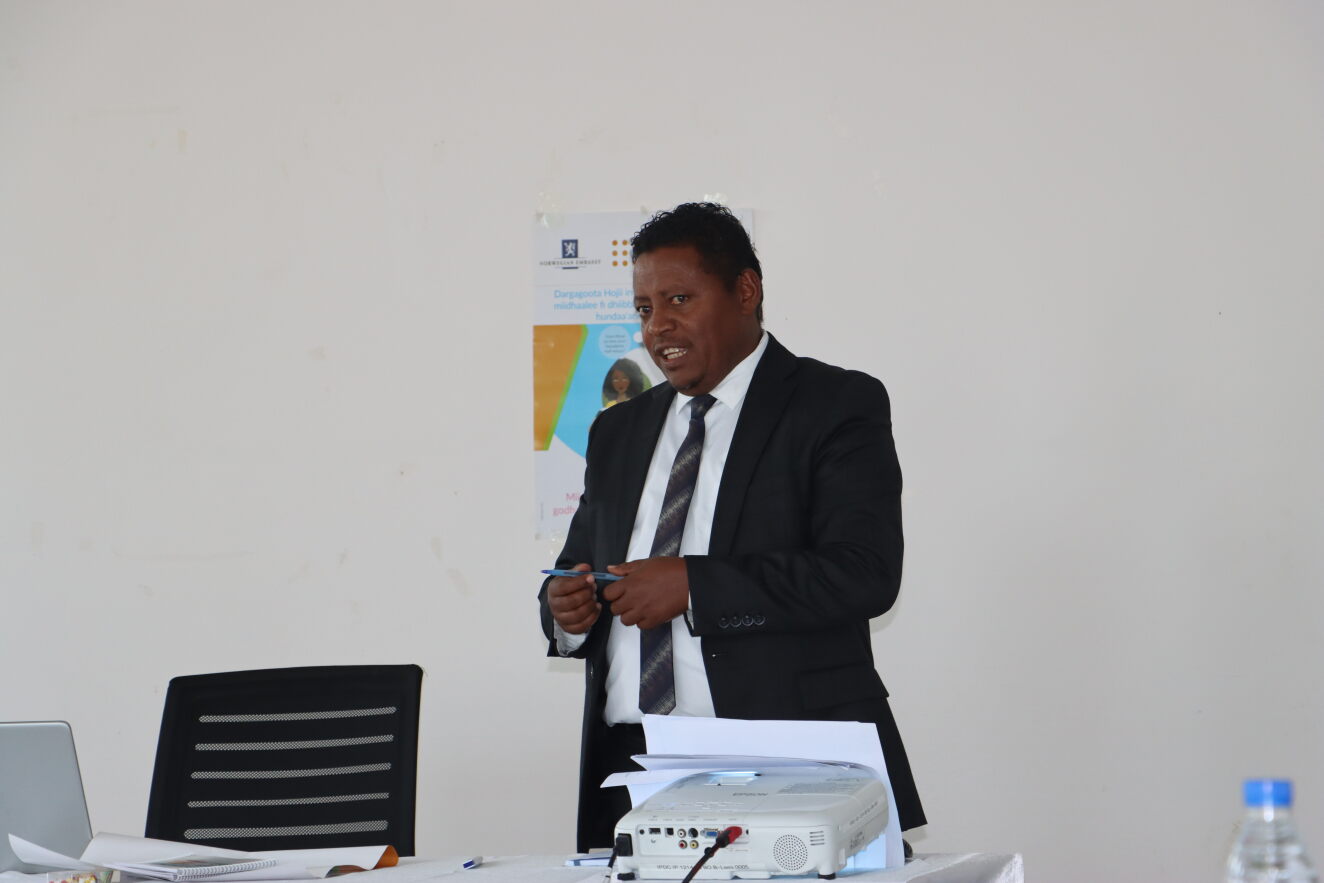
A study published (2021) by Science Direct, a global platform for peer review literatures indicates that despite policy initiative and strategic measures intent on enhancing the uptake of service provision for SRH needs of youth in Ethiopia, utilisation remains low relative to the rate of demand. Furthermore, according to the study, this fact was quantitatively supported based on the indicator of Ethiopia’s pooled prevalence of utilization on the youth-friendly SRH services that stood at nearly 43 percent. Measuring the aforementioned fact in comparison to the potential workforce age ranging from 15 to 64 in Ethiopia constitutes about 57 percent of the population (Horst Stipp of the Research Foundation at Statista, 2022).
“While thinking about a youth-friendly service in Ethiopia, it quickly reminds me of my past experience and how I came about to decide switching a career occupation,” recounts Dagmawit W/Agegnehu (M.D), project officer at DSW Ethiopia during her brief presentation of the project’s background information.
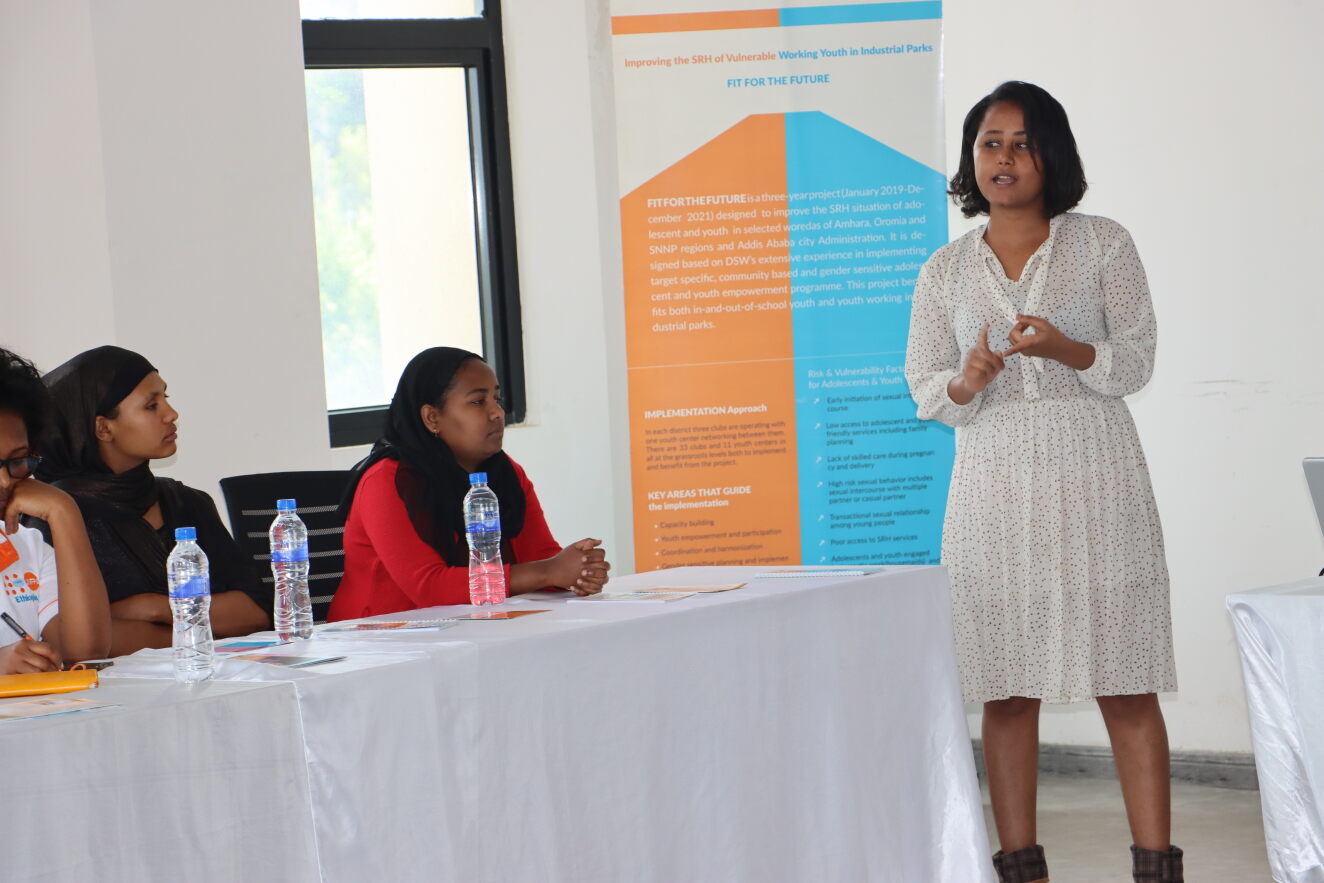
Noting that being a trained medical doctor, “I spent a number of years as a general practitioner and have observed pregnant girls, who in their early teenage years had already bore four or five babies, and suffered from serious pregnancy-related medical conditions in the absence of a youth-friendly service provision, often most had no prior information or knowledge about their bodies and sexual and reproductive health rights (SRHR). My experience as a medical practitioner directly influenced my decision for a career change in which I could best serve adolescents and youth as an advocate of SRHR issues. My past one year experience with DSW is self-evident of the impact of SRHR utilisation in a youth-friendly manner at the industrial parks. I witness how the young girls from the workplace seeking SRHR services and they do so often time with an informed attitude,” Dr. Dagmawit enthuses her compassionate about the practicality of expanding the youth-friendly SRHR service provision at the workplace intervention.
Impressed by the ongoing activities observed at the study-tour, where members of the peer-education groups demonstrated a sense of empowerment at the brief discussion held with the UNFPA officials, Mr. Kouame posed a series of curious questions such as “what more can UNFPA do to reach out and support the youth at their workplaces and how can it work to scale up the capacity for further mobilization of a greater number of youth working in the industrial parks?”
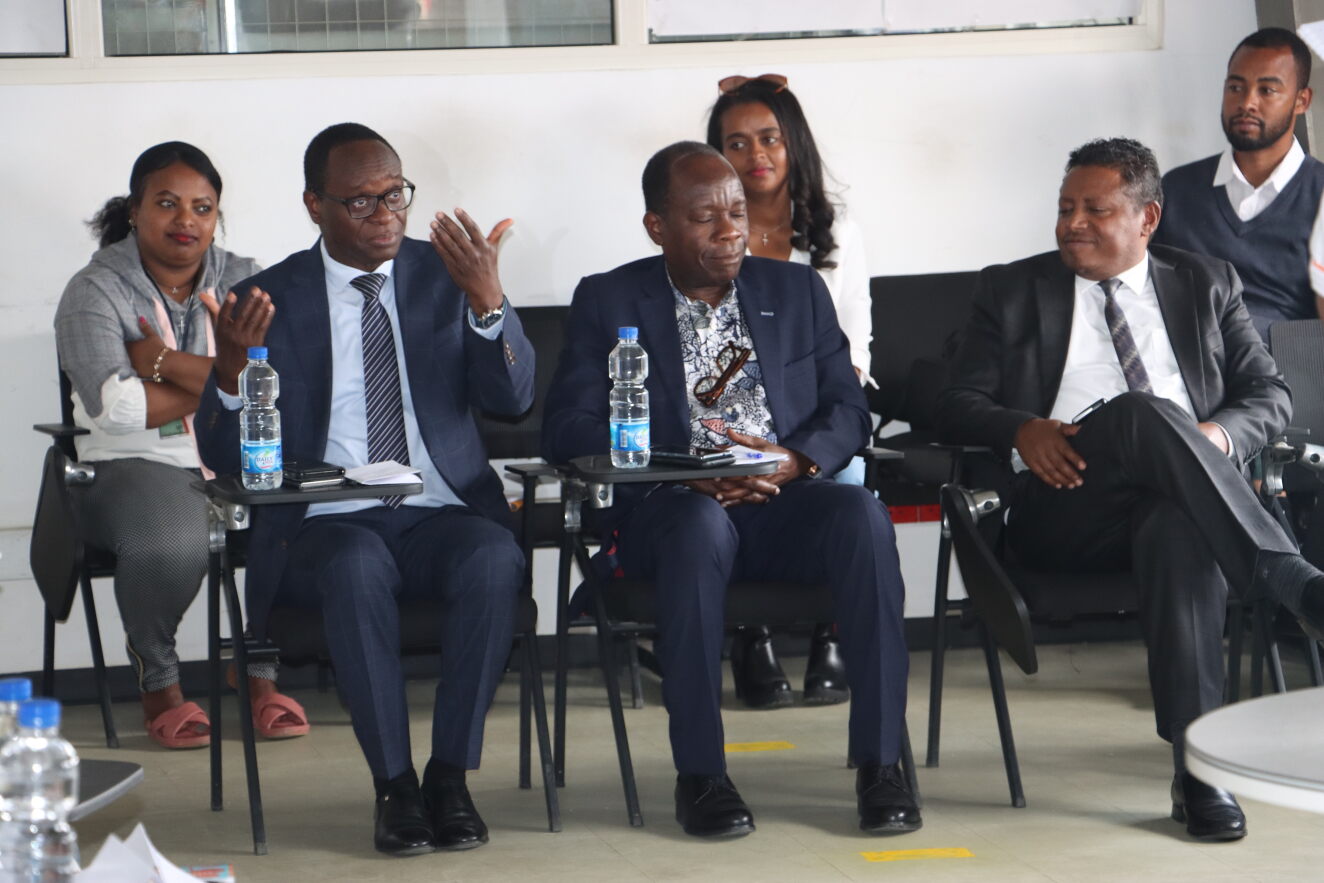
While appreciating the renewed commitment displayed by UNFPA and suggestively initiated further discussion in order to make comprehensive answers to the strategic questions raised by the UNFPA official, Feyera emphasized the inclusion of the main government stakeholders such as the Federal Ministry of Health, among others. He also highlighted the objectives of the intervention, which not only supported working youth to benefit from the project through access to SRHR services and protection from GBV, but also empowered them as champions of development practices.The half-day study-tour took place at the project site in Bole-Lemi Industrial Park, one of the three workplace intervention areas of DSW supported by UNFPA. The two other project sites are in Hawassa and the Adama Industrial Park. The two UNFPA officials, Koffi Kouame and Taiwo Oluyomi along with their strong country office team of entourage allowed themselves to pose for a large group photo upon the conclusion of the study-tour event.
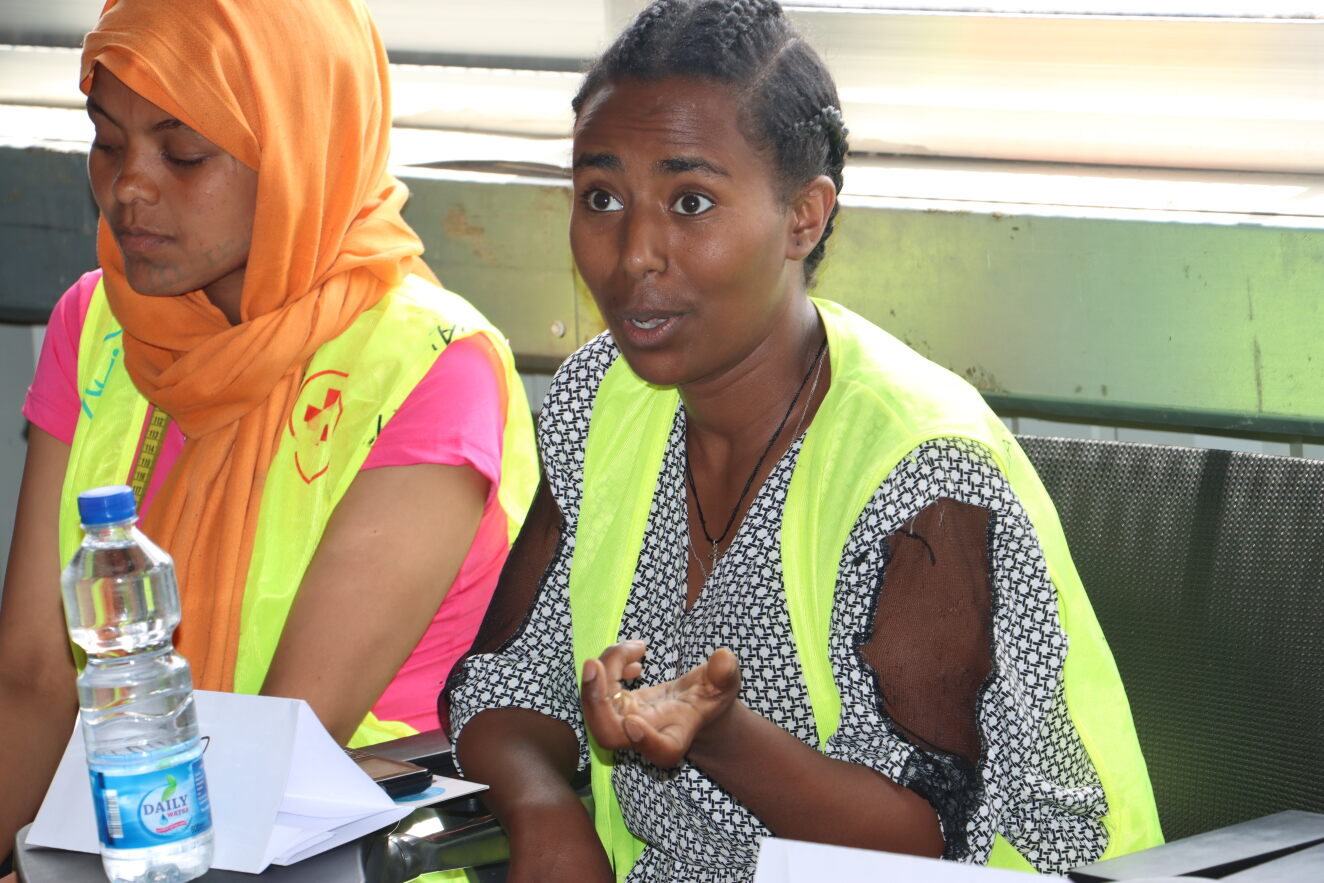
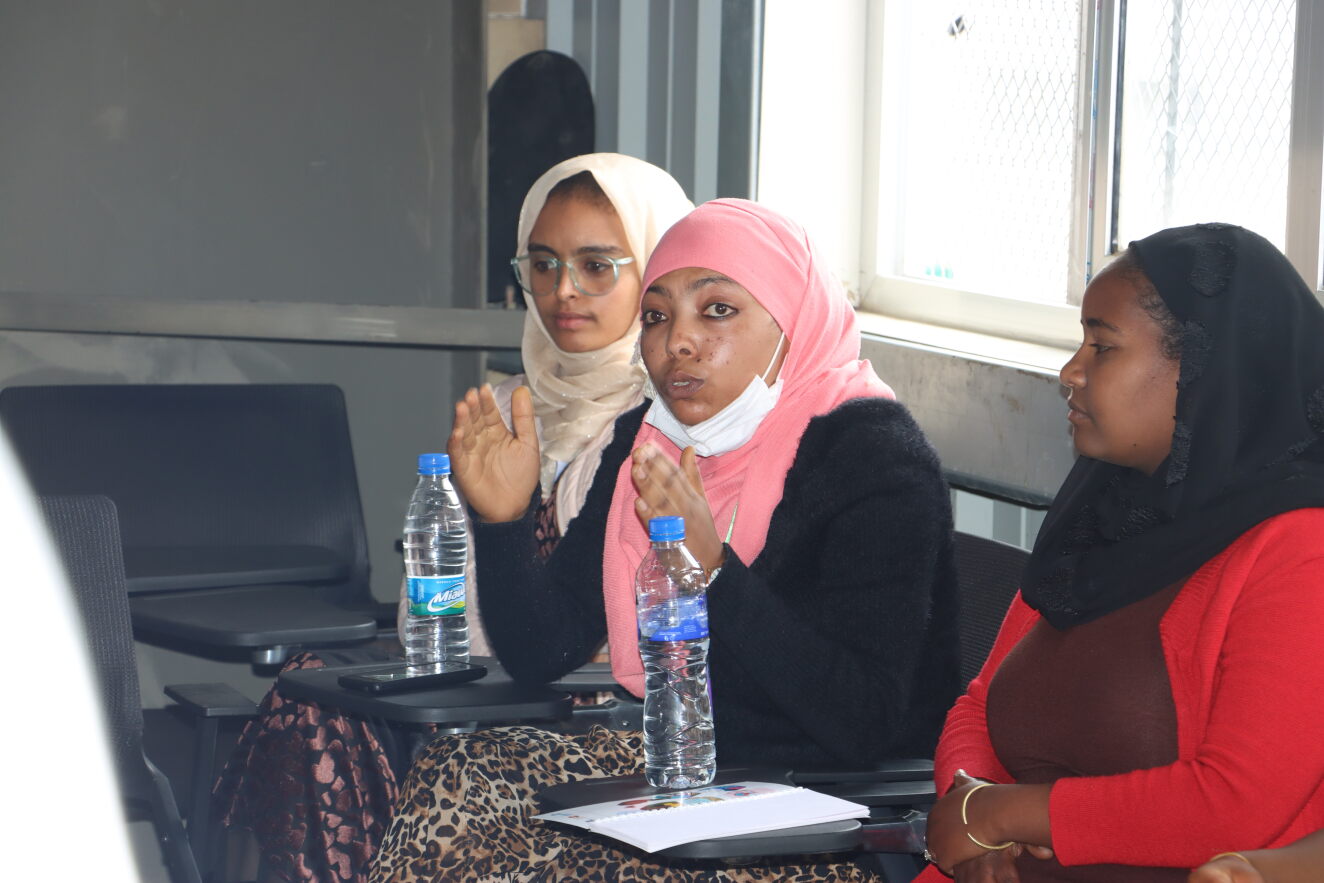
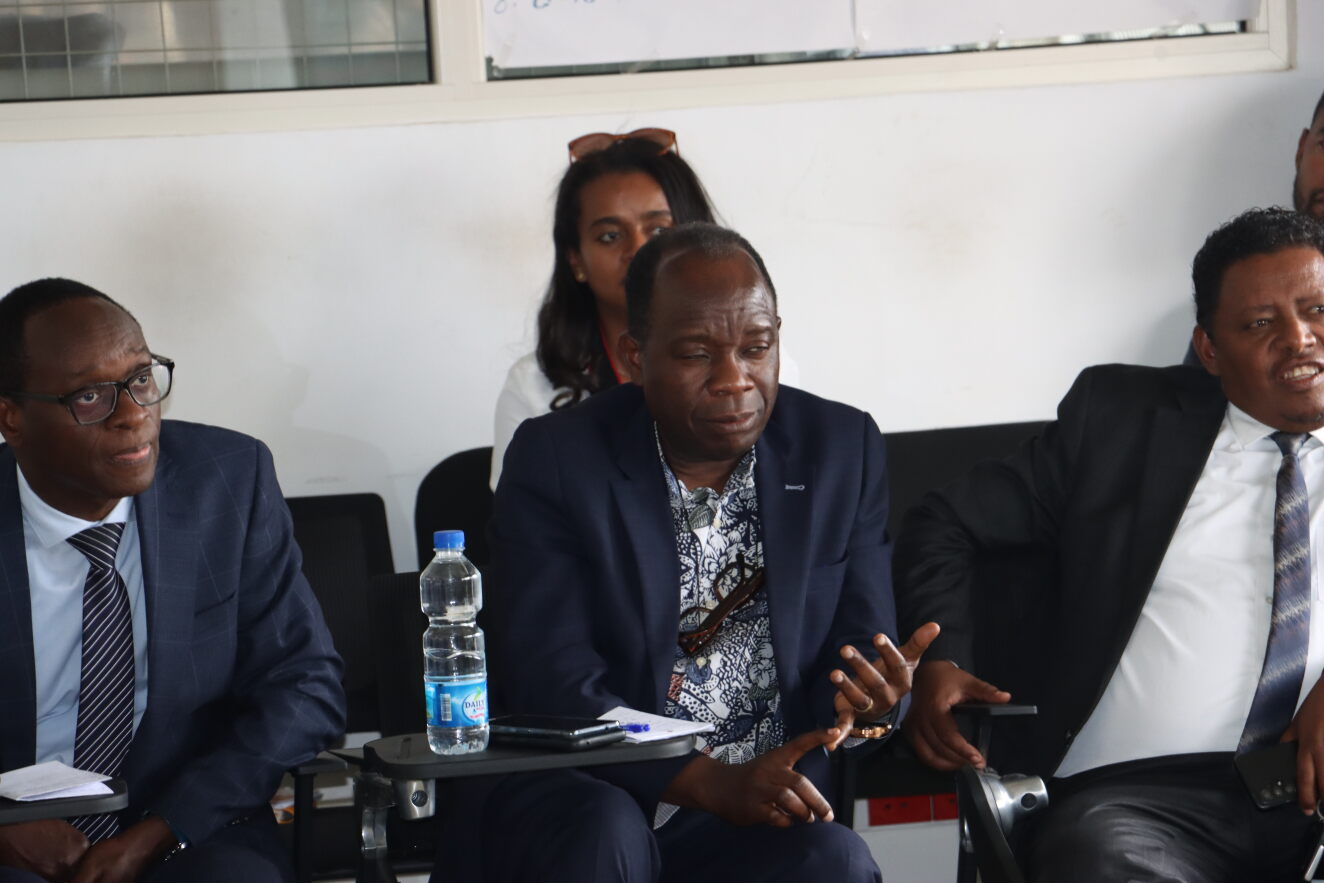
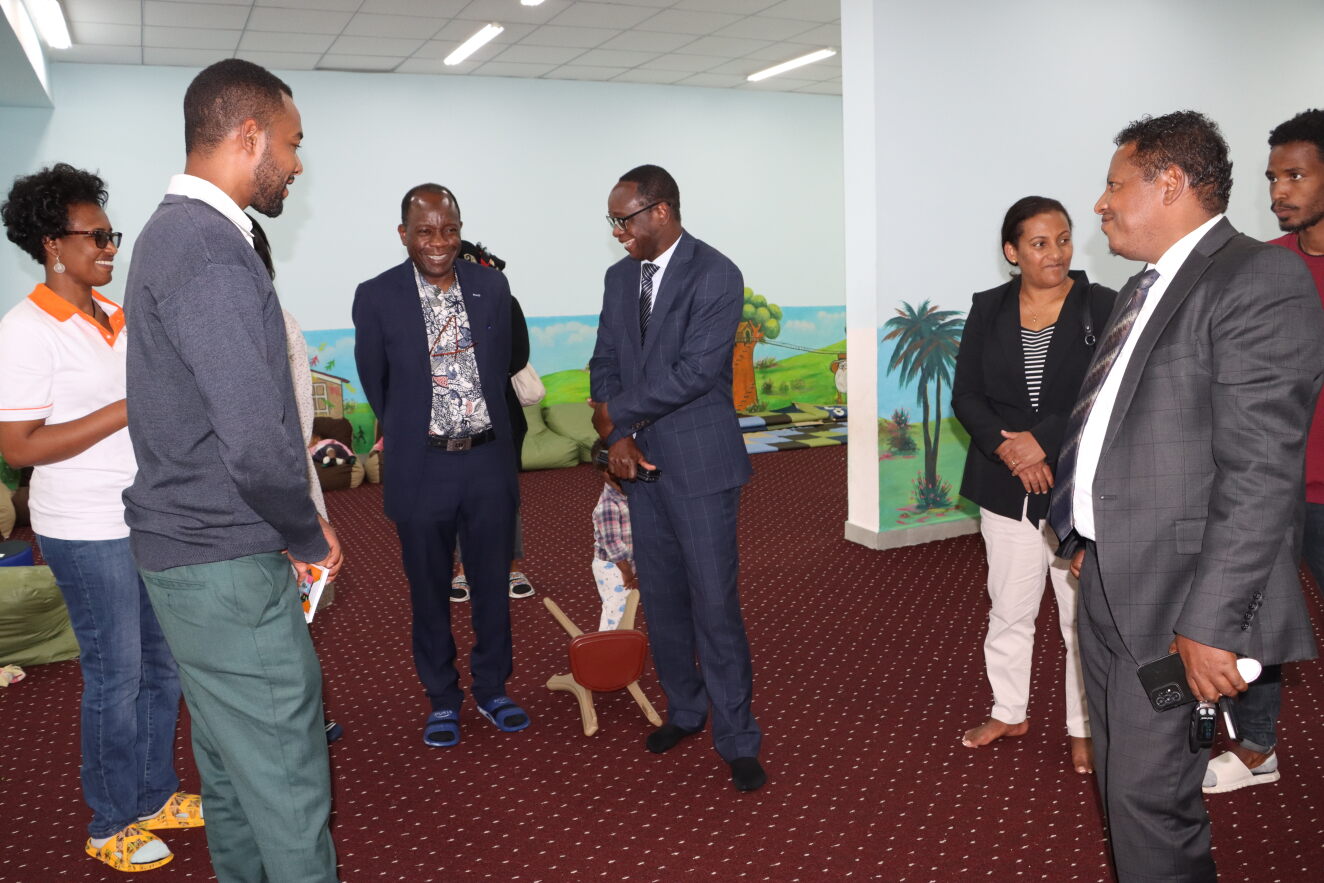
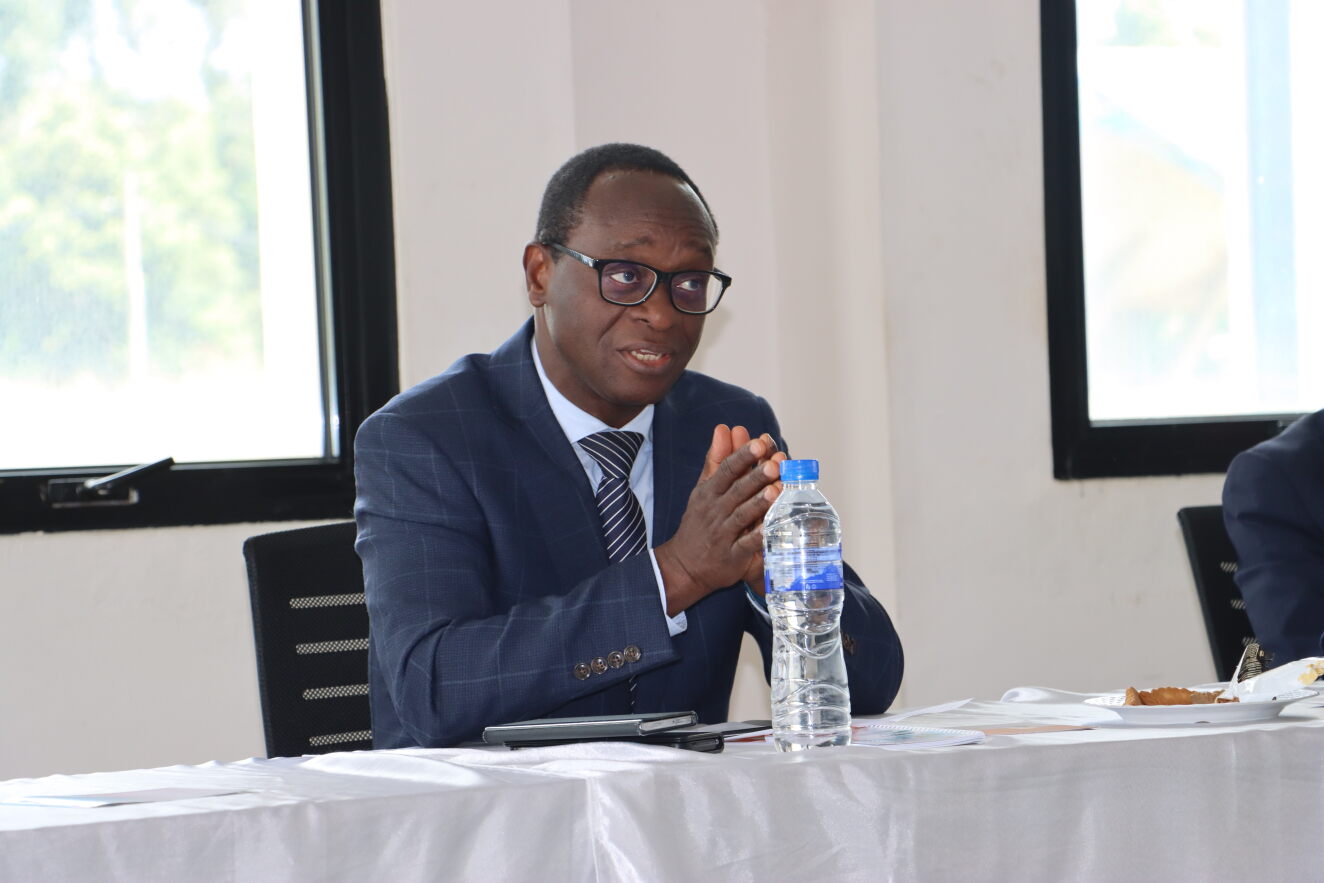
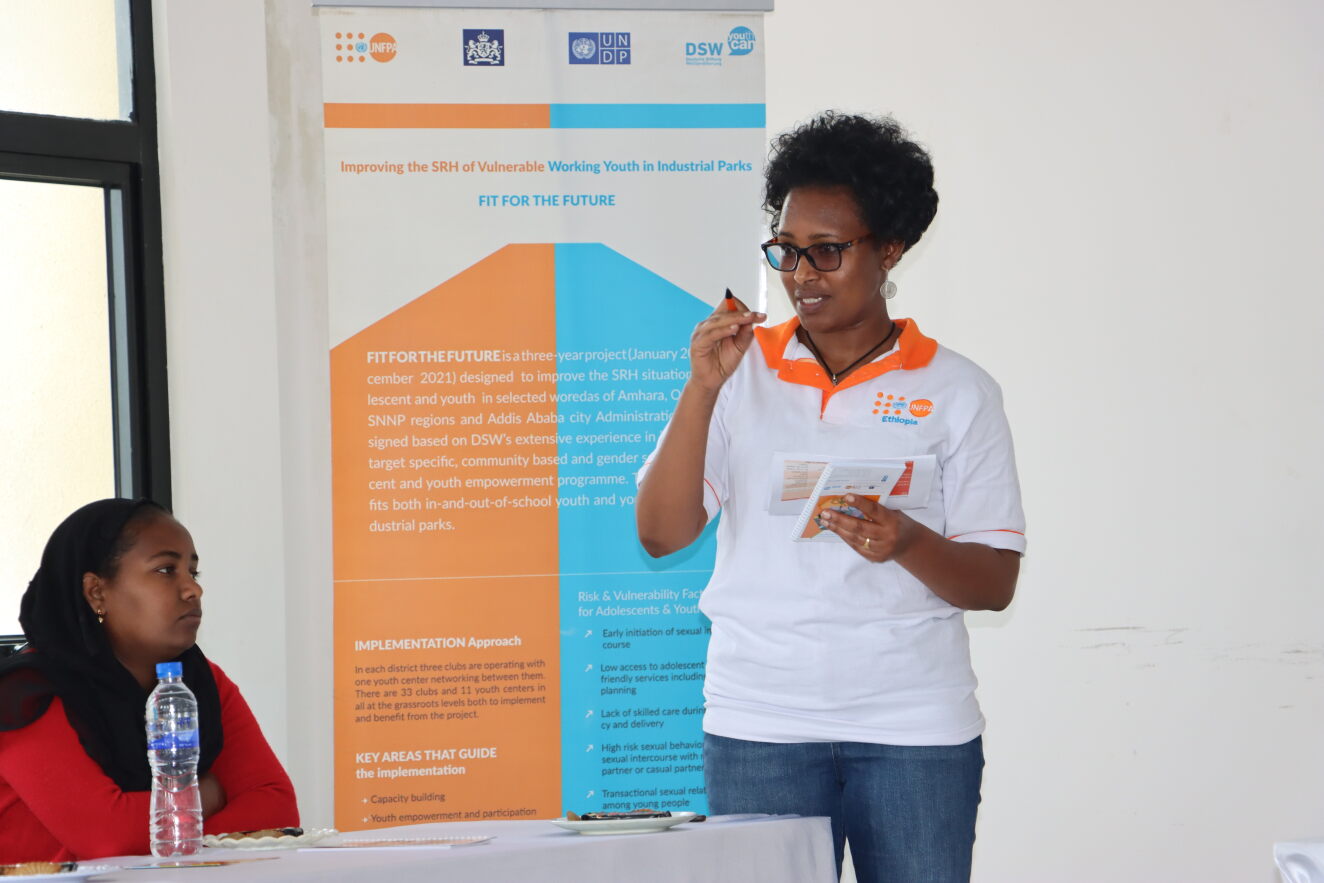
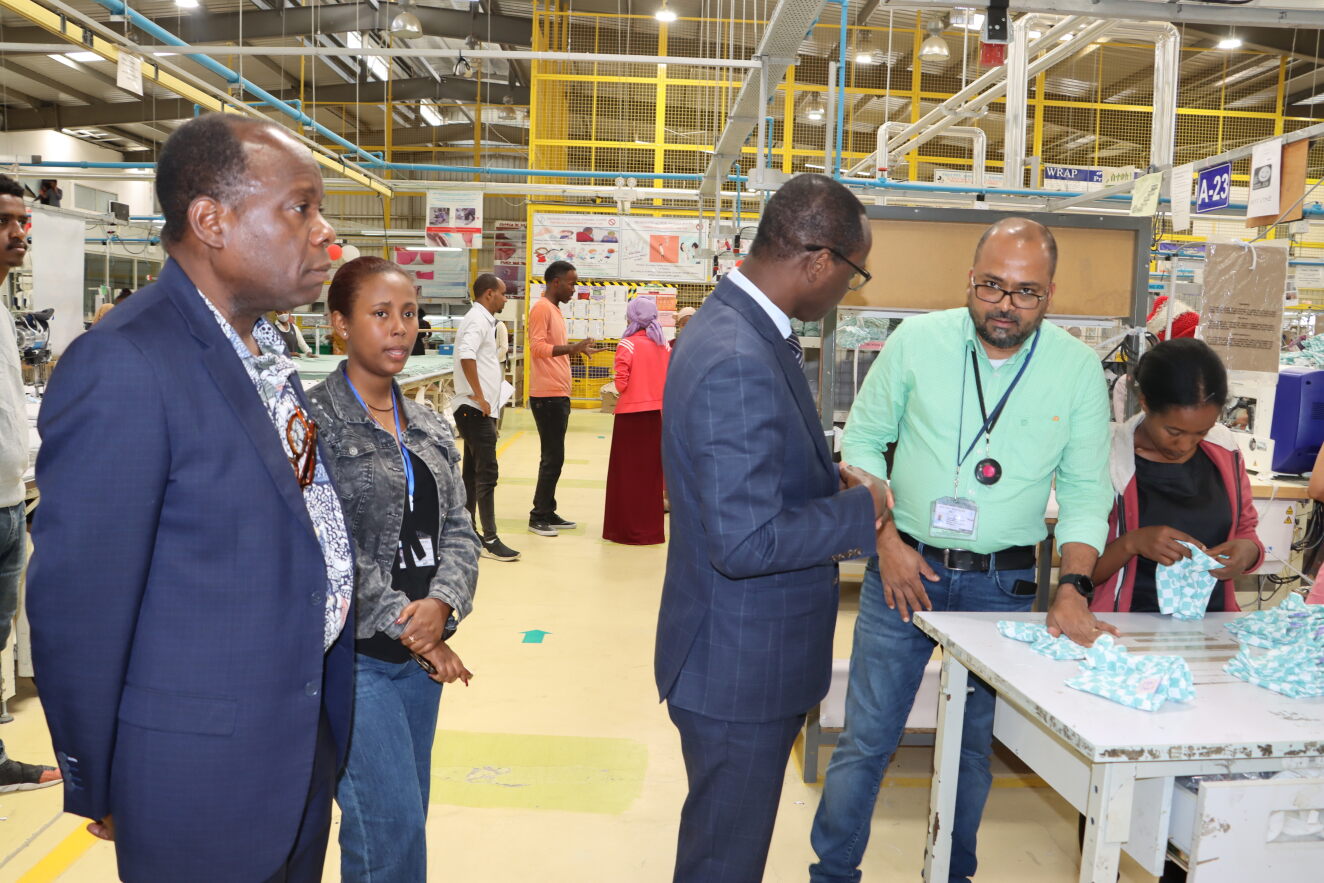
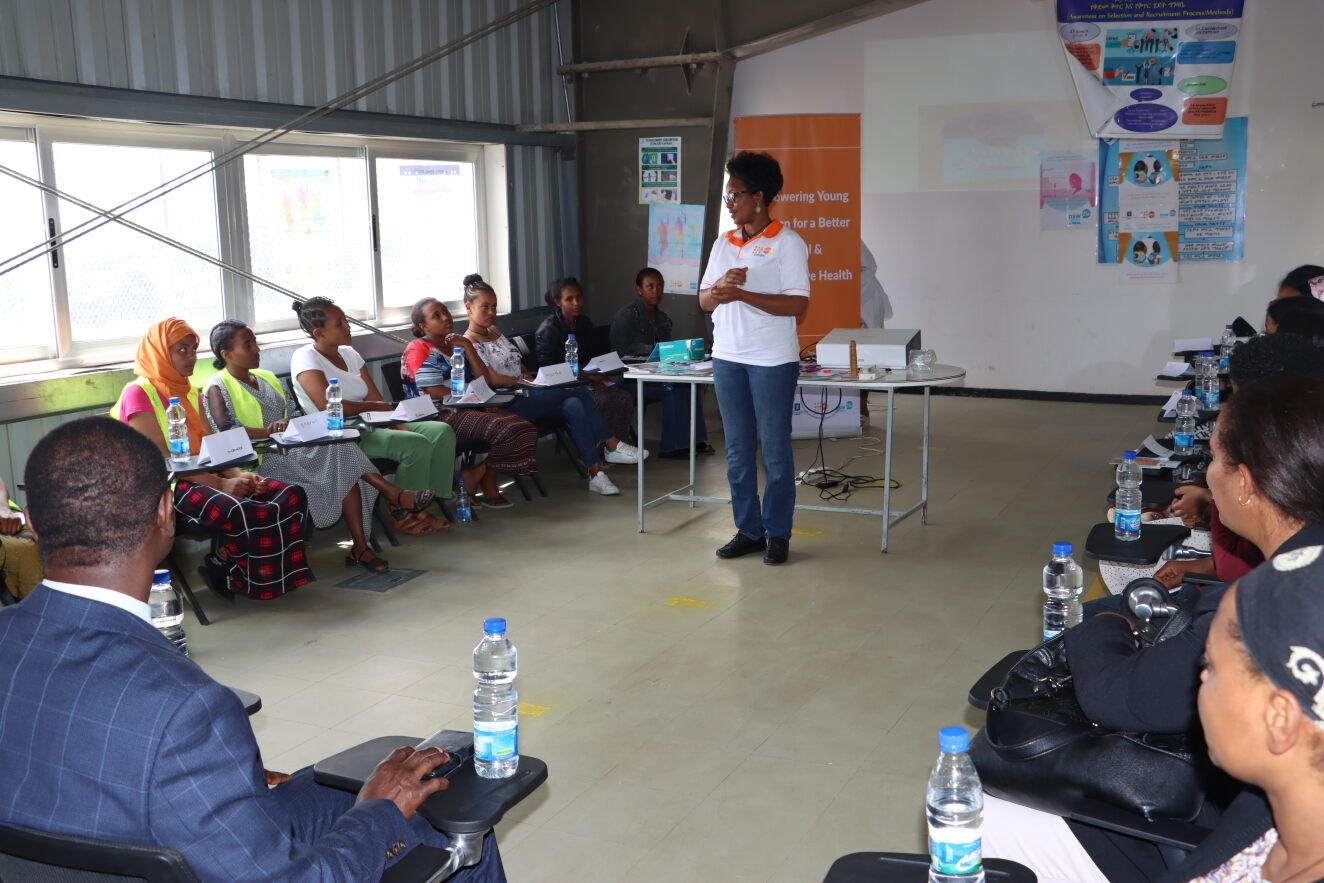
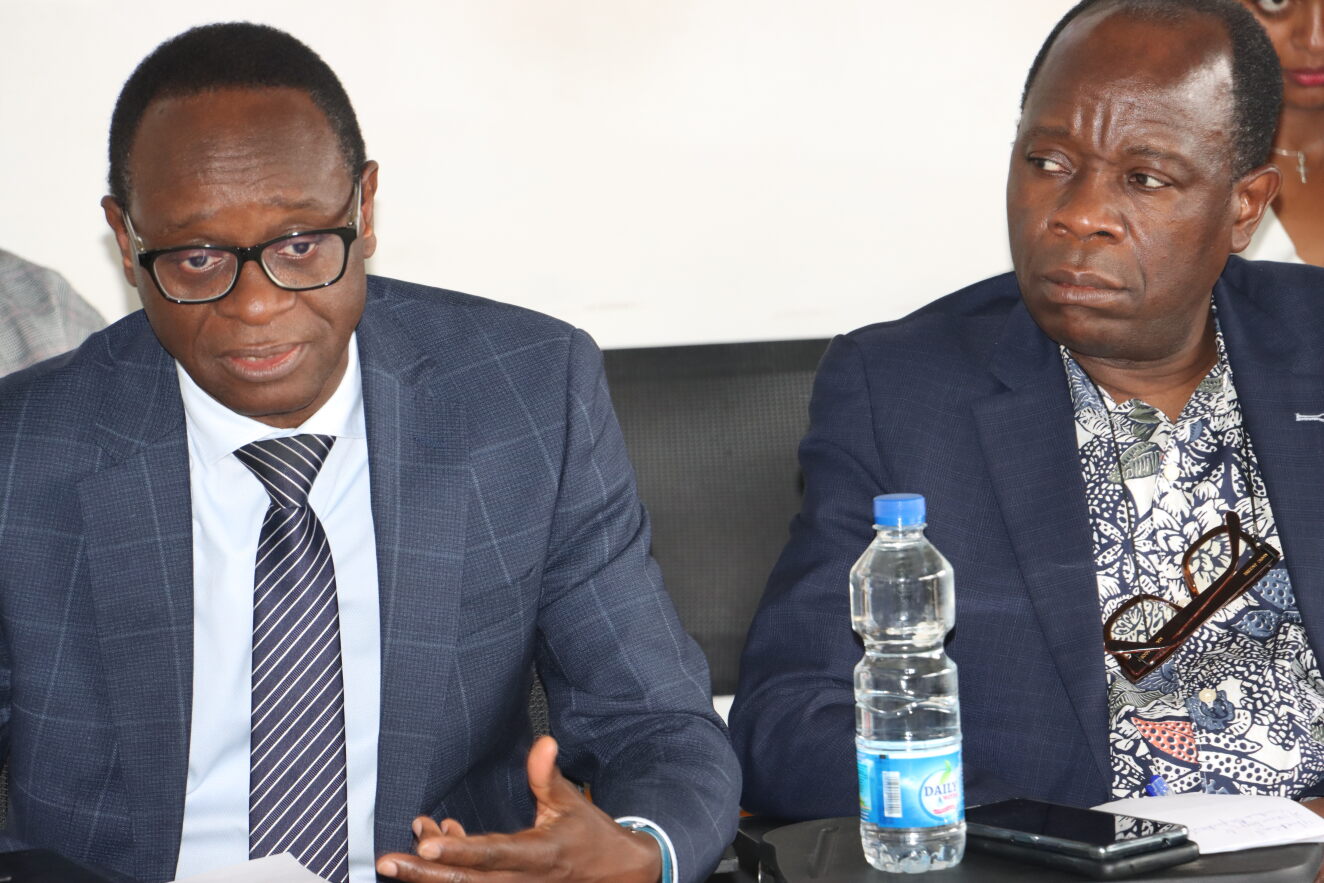
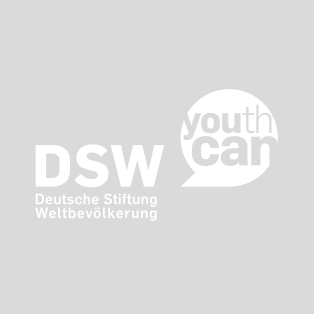


Comments